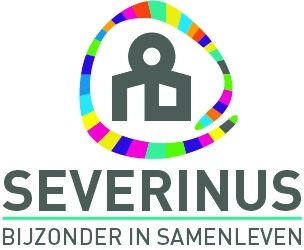Stress detection via sensors in clothing for people with impaired cognition
A new partnership of research organisations, knowledge institutes, a private partner and healthcare organisations has been formed to develop a garment-integrated sensor system for early stress detection in people with intellectual disabilities and dementia.
Healthcare costs for people with intellectual disabilities and dementia are rapidly increasing. With the anticipated growth of long-term care clients and decline in labour force, it will be difficult to maintain the quality level of care and support. People with intellectual disabilities or dementia are vulnerable to stress and may have limited verbal abilities. Their caregivers face the daily challenge to identify and regulate their client’s stress and emotional state, based on non-verbal cues. A delay in stress recognition can result in challenging behaviour, such as aggression. Challenging behaviour has negative consequences for quality of life, makes client care and support difficult, and the burden on caregivers results in higher-than-average work-place absenteeism and staff turnover.
The project develops a prototype device that can determine the build-up of stress in a person based on physiology measurements and behavioural models. The device makes it possible to identify the early signs of stress build-up in people with intellectual disabilities and dementia and warns the caregiver before stress levels reach their critical point. The device thereby enables the caregiver to respond to the needs of the client quicker and better. This may prevent escalation of the situation, thereby reducing the amount of care needed.
Family caregivers, healthcare professionals and people with intellectual disabilities and dementia will be involved in the development to ensure acceptability of the product and its implementation in practice. The prototype device will consist of a garment-integrated sensor module. It offers the freedom to carry the device in any textile embodiment to make it easy to use, to increase the acceptability and to limit the impact on the client.










